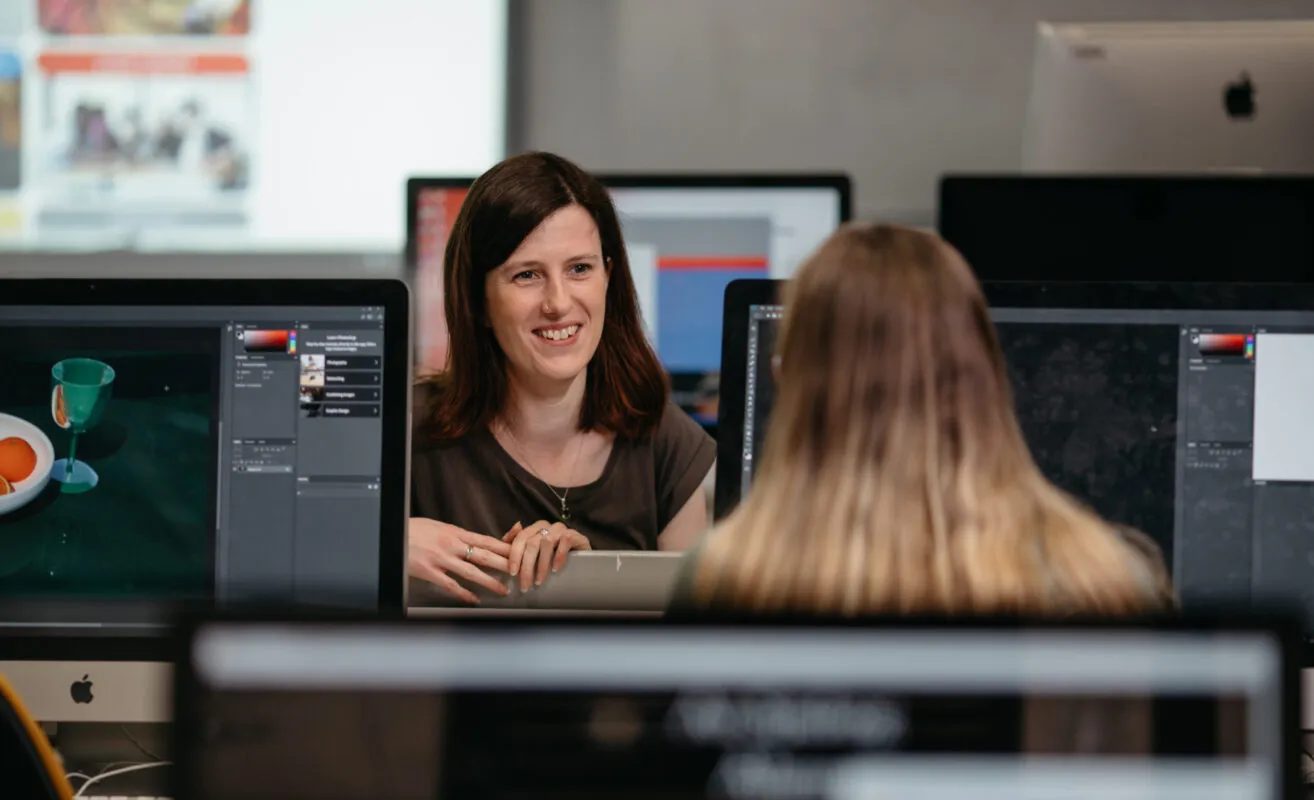Courses
Admissions & Support
Course Search
Courses
Admissions & Support
Course Search
Our Services
Our Community
Course Search
Professional Services
Status: Register Your Interest
Campus: Athlone
years: 1
Fees: This is a Springboard+ Funded Programme. This programme will be fully funded for eligible unemployed applicants. Eligible employed applicants will be 90% funded. They will have to pay 10% directly to TUS. The 10% payable is €690.

Cloud native computing is an approach in software development that utilises cloud computing to build and run scalable applications in modern, dynamic environments such as public, private, and hybrid clouds.
Key features of this course
• Excellent employment track record
• Level 9 Masters Programme (90 ECTS)
• 12-week work placement
• Research dissertation option available
• The programme will be online to facilitate learners that are already employed
• The course is developed in partnership with the Midlands Regional Skills manager and relevant companies.
• Learners will have the opportunity to apply their new skills on real world “Company Driven projects”.
• Blended and flexible mode of delivery with a personal and supportive approach to teaching and learning
• The programme addresses to significant level the four key areas specified by government; digital skills, transversal skills, management and leadership skills and the workplace of the future.


Honours (Grade 2.2) degree in an appropriate engineering, computing or cognate discipline, or an equivalent qualification.
The Master of Science in Cloud Native Computing is a high-level programme with 90 ECTS. It is intended for IT professionals who wish to gain specific skills in Software Design with Cloud Native Computing.
This programme has 12 contact hours per week and at least 12 hours of self-directed learning are necessary per week. This programme also has a work placement or industry focused dissertation so that students can directly apply theory to practice.
Programme Content
• Applied Scripting Languages
• Containers and Cluster Management
• Cloud and Production Ready Microservices
• Continuous Integration and Delivery
• Team Project
• Object Oriented Programming 1 & 2
• Engineering Team Project
• Research Methods and Professional Practice
• Work Placement or Applied Dissertation
This programme will be delivered primarily online.
Students may have to attend TUS Athlone Campus in person for examinations.
Cloud-native applications are designed to capitalize on the scalability and flexibility of the cloud. In contrast to traditional monolithic applications, cloud-native applications are built using multiple, independent microservices that are deployed in cloud environments. Cloud-native development takes an agile approach to creating new applications. Using a DevOps-based continuous delivery model, software development teams can quickly, iteratively and automatically add new features to an application.
The course will provide students with both theoretical and practical skills to develop software systems which use Infrastructure-as-a-Service (IaaS) in order to run applications on servers that can be flexibly provisioned on demand.
Software development is an enormous growth area in ICT engineering. Over 900 software companies are currently in operation in Ireland employing more than 24,000 people. Ireland’s reputation as a centre of software excellence is unrivalled in Europe. It is home to multinational and indigenous firms generating €16 billion of exports annually. The sectors wide-ranging activities include software development, R&D, business services and EMEA/International headquarters.
Cloud Computing can be defined as the unification of devices, operating systems, data and storage into a single system. This MSc in Software Design with Cloud Native Computing is designed to provide the education and training required to prepare you for a career in software design, focusing specifically on Cloud Computing. Cloud Computing has been referred to as “climate change for IT” with a significant growth in employment opportunities in this area.
Students who successfully complete this programme will be eligible to pursue research opportunities at TUS Athlone Campus at PhD level (PhD will not be Springboard+ funded)
The 2024-2025 programme has not yet opened for applications.
If you would like to receive notification when applications open for the next intake then please submit your details on the Register Your Interest form by clicking the Register your Interest Button on this page.
On successful completion of this programme graduates should be able to:
• Understand and use Infrastructure-as-a-Service(IaaS) in order to run applications on servers that can be flexibly provisioned on demand.
• Design systems using, or evolve them towards, a microservices architecture.
• Automate software build, test and deployment using continuous integration.
• Containerize: package processes with their dependencies making them easy to test, move and deploy.
• Orchestrate: abstract away individual servers in production using off-the-shelf management and orchestration too
.
Programme Delivery
Two evenings per week online (TBC)
TBC for 2024-2025 Academic Year
This is a Springboard+ Funded Programme.
This programme will be fully funded for eligible unemployed applicants.
Eligible employed applicants will be 90% funded. They will have to pay 10% directly to TUS. The 10% payable is €690.